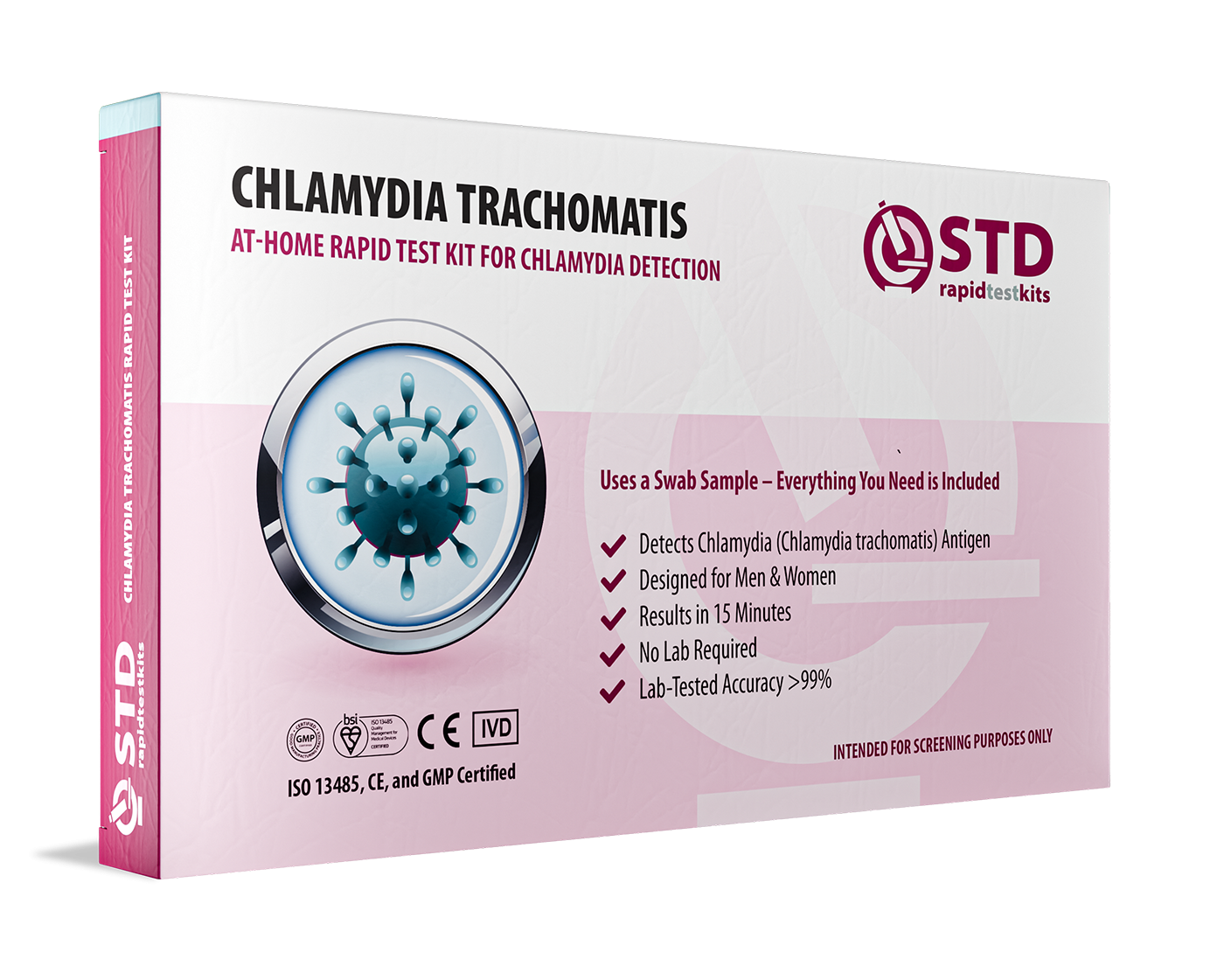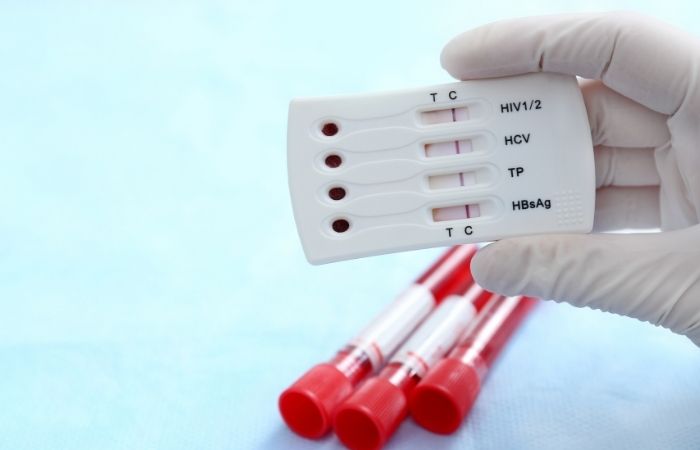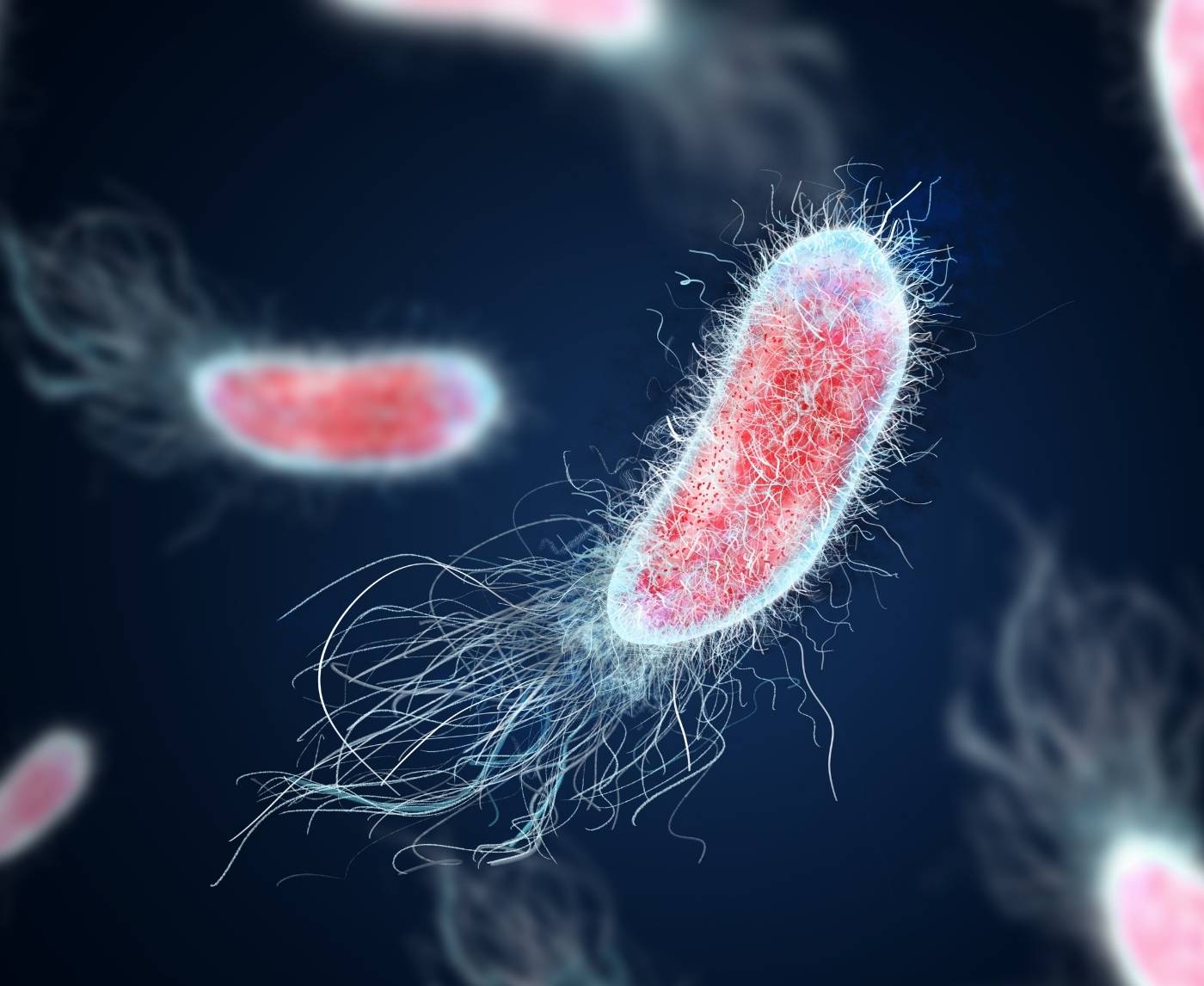Does PrEP Affect STD Test Results? What You Need to Know
Why Is Chlamydia Important, and What Is It?
Chlamydia is a sexually transmitted infection caused by the bacteria Chlamydia trachomatis. In most cases, people get chlamydia by having unprotected vaginal or anal sex with someone who has the infection. According to the CDC, more than 1.7 million cases were reported in the US annually, although many cases are probably unaccounted for.
If early detection is so important, why?
Some of the serious consequences when chlamydia is often left untreated, since most women have no symptoms whatsoever, include infertility and chronic pelvic pain. You can take better measures to protect your health if you know how this illness presents itself.

Identifying Chlamydia Signs and Symptoms
The following are the most common symptoms of chlamydia, although they may be hard to identify in their early stages:
- Abnormal Vaginal Discharge: The infection results in a discharge which may be green or yellow and may have a bad smell.
- Discomfort or pain while having sex that doesn't go away may be a sign of something serious.
- Burning sensation after urination is usually mistaken for a UTI.
- Intermittent Bleeding: Any bleeding other than your periodic bleeding is a matter of concern.
- Pelvic pain or cramping that persists long after it should serves as an indication of something more serious.
Order Now $33.99 $49.00 Check Your STD Status in Minutes
Test at Home with Remedium
Chlamydia Test Kit




Untreated Chlamydia and Its Invisible Dangers
The majority of women infected with chlamydia show no symptoms whatsoever. Besides highlighting the importance of paying attention to one's body when even slight changes in the norm occur, it also illustrates the importance of regular testing. If the infection is left untreated, it could lead to ectopic pregnancies and pelvic inflammatory disease, more commonly referred to as PID.
Why Consistent Testing Changes Everything
- Serious health complications can be prevented if one is tested early enough and treated in time.
- Find Out You Are Not Unknowingly Infecting Your Partner: Get tested regularly.
- Convenience and privacy are a part of modern testing options. At-home test kits are available.
- It puts one's mind at rest and gives a person a kind of surety about their situation.
- Promotes Wellbeing: As part of preventive medicine, comprehensive STI testing is necessary.

Take Charge: Health Tips to Help You Stay Well
- The CDC recommends that sexually active women under age 25 and newly sexually active women of any age, or those who have had more than one partner, be tested at least once a year.
- Use Home Test Kits in Privacy: Home test kits are convenient and easy to use.
- Wear a condom to reduce the risk of infection.
- Prevention depends on awareness, so learn the facts, and teach your friends and family what you've learned.
- Seek Medical Care Immediately: If you are prescribed an antibiotic to treat chlamydia, take all of the medicine as directed.
Chlamydia Signs and Testing: Frequently Asked Questions
1.- Does chlamydia always have symptoms?
No. One of the most common STIs, chlamydia can be silent, causing no symptoms, especially in women—as many as 70% of infected women have no symptoms of infection.
2.- What does chlamydia include?
One can certainly diagnose the presence of chlamydia by testing the urine sample or swabs during the pelvic examination.
3.- Must one rely on home-testing STD kits?
You can receive pretty accurate results with most of the home testing STD kits. All that is required on your part is to purchase them from a well-reputed company.
4.- What if one does not treat chlamydia?
The complications related to chlamydia, if not treated, include infertility, ectopic pregnancies, and PID.
5.- Does chlamydia have any treatment?
Yes, if treated with the antibiotics prescribed by a doctor, chlamydia will go away.
6.- How frequently should I get tested for chlamydia?
If you are a sexually active woman aged less than 25 or if you have new or multiple partners, you need a test every year.
7.- Will I definitely become infertile because of chlamydia?
Unfortunately, infertility is more likely when the diseases are left uncured.
8.- Is chlamydia completely preventable by using condoms?
They don't provide absolute, but highly reduce the risk.
9.- The only possible way to get this infection is sexual contact; is that correct?
Through birth or infected materials, this unlikely but real risk exists.
10.- How long does it take for chlamydia symptoms to appear?
Symptoms, if they appear, typically show up 1 to 3 weeks after exposure
Story: Sarah's Path to Self-Awareness
The then-24-year-old student, Sarah, thought it was only a little pain and thus disregarded it. It wasn't until months later, when she had a routine checkup, that chlamydia which hadn't been treated had turned into PID. I was in shock from this diagnosis. After a STI test rescued her reproductive health, Sarah became an advocate for routine testing. The story she tells underlines not only the silent nature but the seriousness of chlamydia and the importance of becoming vigilant.

Get Tested Today!
Keep yourself and the people you love safe through awareness and prevention. Add regular checkups to your health routine, get tested today with reliable at-home STD testing kits, and consult a doctor if symptoms persist. Do not wait; early detection saves lives.
Sources
1.- Most Common STD Symptoms in Women
2.- Recognize Chlamydia Symptoms (for Men)
3.- When Do You Get Symptoms of Chlamydia?
4.- Chlamydia Symptoms Women Should Know










